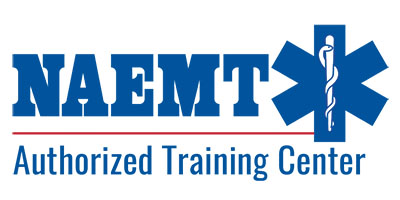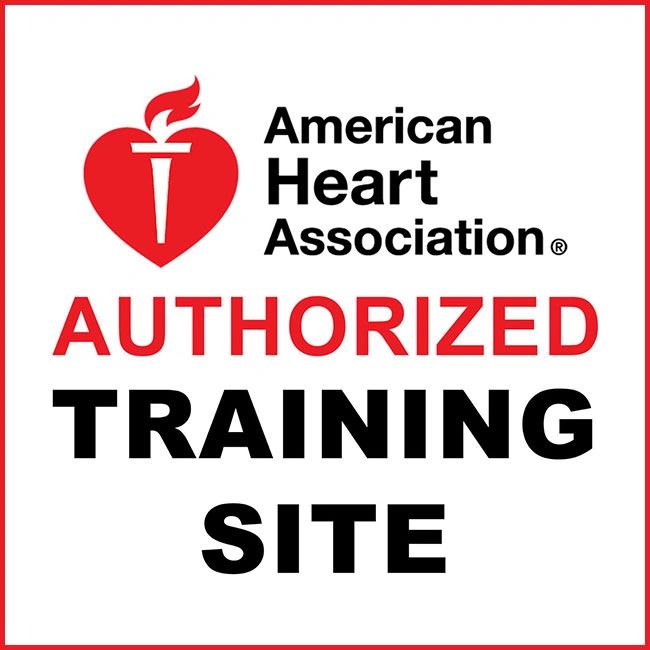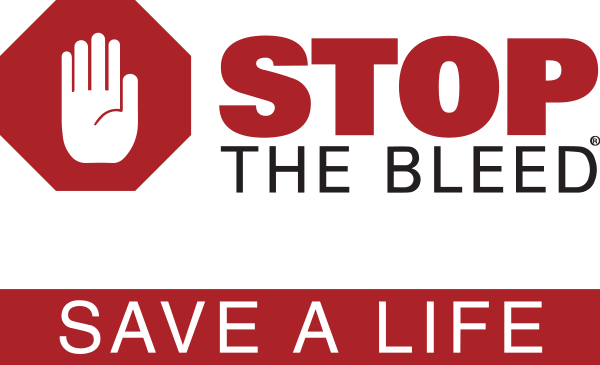
|
Emergency Medical Technician
|
| Date/Time:
|
6/5/2025-9/6/2025 Every Tuesday, Wednesday, & Thursday 1900-2200 (Some Saturdays)
|
| Location:
|
Matamoras Fire Department
|
| Class Price:
|
See Options
|
| Notes:
|
• Prerequisites:
o 16 years old.
o Completed AWR-160, ICS100, ICS700 (within 90 days of prior to class start date)
o Medical Clearance
Attendance – No student shall miss more than 10% of the total course time for any reason. Students who miss more than 10% of the class sessions shall be expelled from the course. All class sessions must be made-up prior to taking the Final Exam. There are no exceptions to this policy.
Students are required to attend/complete 100% of his or her Clinical and/or Field Internship.
Supplied Textbooks
AHA
o BLS Provider Manual
o ISBN: 9781616697686
AAOS
o Emergency Care and Transportation of the Sick and Injured – 12th Ed.
o ISBN: 9781284227222
Fees
Application Fee (Non-Refundable) $100.00
Tuition (due first day of class) $900.00
Tuition Includes:
o Cost of Books
o Competency & Scheduling
o Blood Pressure & Stethoscope Kit
o Uniforms
NREMT Psychomotor Exam Fee $ 00.00
*NREMT Cognitive Exam Fee $104.00
Total: $1104.00
*fee not included in tuition
|
Emergency Medical Technicians provide out of hospital emergency medical care and transportation for critical and emergent patients who access the emergency medical services (EMS) system. EMTs have the basic knowledge and skills necessary to stabilize and safely transport patients ranging from non-emergency and routine medical transports to life threatening emergencies. Emergency Medical Technicians function as part of a comprehensive EMS response system, under medical oversight. Emergency Medical Technicians perform interventions with the basic equipment typically found on an ambulance. Emergency Medical Technicians are a critical link between the scene of an emergency and the health care system.
[From the: National EMS Scope of Practice Model]
This course is designed for students to become an Emergency Medical Technician (EMT). The primary focus of the EMT is to provide basic emergency medical care, skills, and transportation for critical and emergent patients who access the emergency medical system. EMTs function as part of a comprehensive EMS response, under medical oversight. EMTs perform interventions with the basic equipment typically found on an ambulance. The EMT is a link from the scene to the emergency health care system. This course integrates knowledge of the EMS systems, safety/well being of the EMT, and medical, legal, and ethical issues, which is intended to improve the health of EMS personnel, patients, and the community. Successful completion of this course leads to eligibility to take the National Registry of EMT's EMT Certification Exams.
Course Learning Outcomes
- Demonstrate assessment methods for medical or traumatic emergency medical conditions using an integrated critical thinking and systematic assessment approach.
- Identify common medical terminology or abbreviations used in the prehospital care environment.
- Communicate effectively and efficiently with patients, family, other emergency responders or medical personnel.
- Demonstrate prehospital medical interventions appropriate to an Emergency Medical Technician's (EMT's) scope of practice.
- Demonstrate appropriate emergency response procedures when responding to a call.
- Select appropriate infectious disease control measures relating to health and safety.
- Demonstrate personal safety and emergency care precautions to prevent work related injuries or violence in the workplace.
- Describe components of Emergency Medical Systems (EMS).
- Explain appropriate medical, legal, or ethical issues pertinent to prehospital care.
- Perform a self-assessment to form the foundation of a personal wellness plan, which may include strengths and weaknesses for reducing risks related to personal health practices, disease processes, or injury risks.
- Describe the anatomy of the human body's systems.
- Describe the functions of the human body's systems.
*


